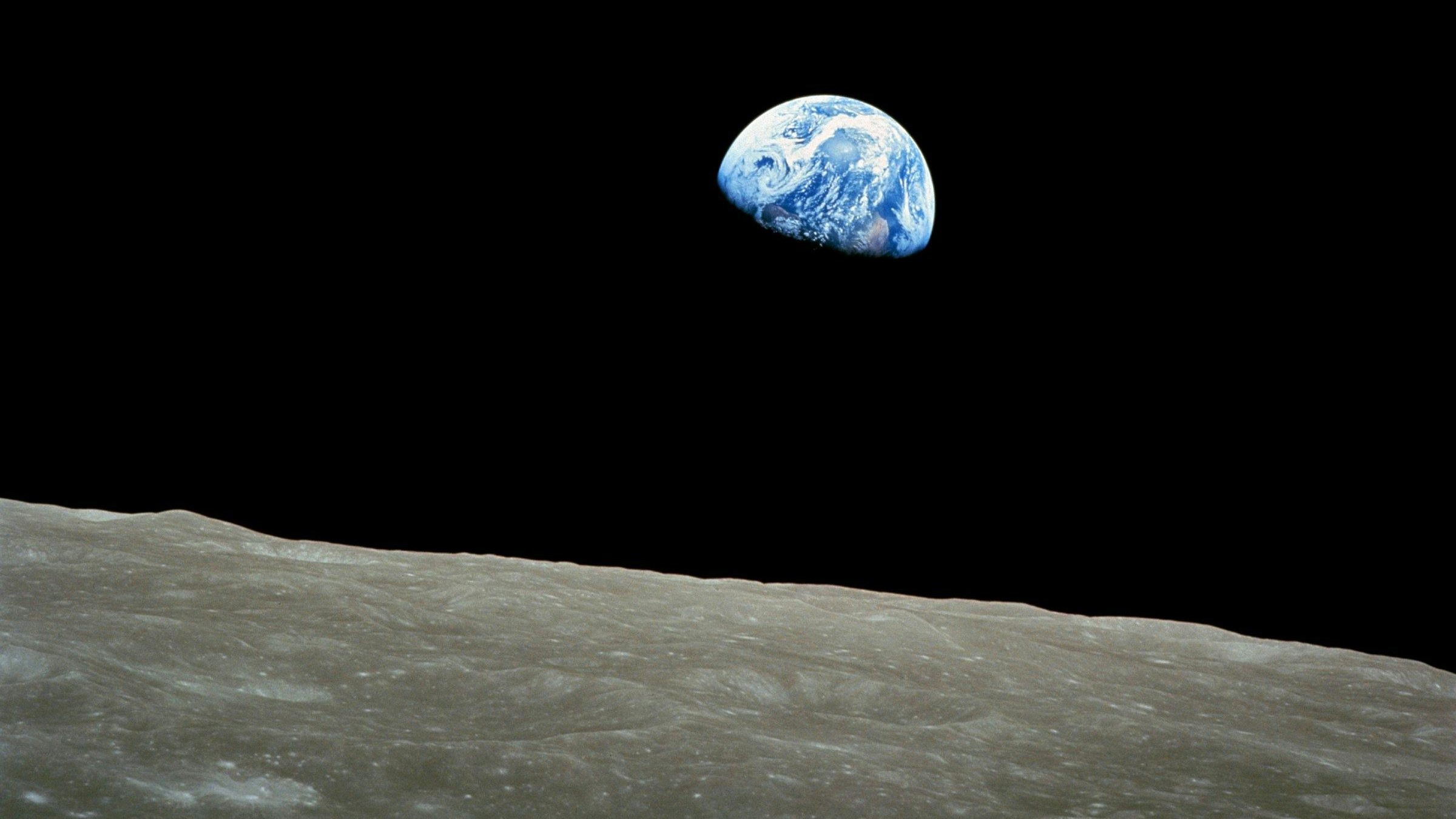A Hungarian-led international research group, including Stephen Mojzsis, senior researcher at the HUN-REN Centre for Astronomy and Earth Sciences, has embarked on an ambitious project to investigate the chemical composition and atmospheres of rocky exoplanets orbiting stars similar to our Sun. Named ‘Geoastronomy,’ this six-year study aims to shed light on planetary evolution, advancing knowledge about exoplanets while offering new insights into Earth’s own geological and atmospheric history.
Funded by the European Research Council (ERC) with nearly 4.5 billion forints, the Geoastronomy project will combine the fields of astronomy, geochemistry, and astrophysics to pioneer a new scientific domain. Mojzsis is joined in this undertaking by co-leaders Fabrice Gaillard from the French National Centre for Scientific Research (CNRS) and Kevin Heng of the Ludwig Maximilian University of Munich. Together, these researchers are working to bridge the gap between geology and astronomy, disciplines rarely combined at this level, and to study the rocky foundations of planets within a cosmic context.
‘Through Geoastronomy we can finally examine rocky planets in a cosmic framework’
‘In the realm of natural sciences, we often see geology paired with chemistry or biology, but a collaboration between geology and astronomy has been largely absent until now,’ said Mojzsis. ‘Through Geoastronomy we can finally examine rocky planets in a cosmic framework, which not only expands our understanding of these distant worlds but also deepens our insights into Earth itself.’
The project’s ambitious vision includes not only groundbreaking scientific inquiry but also a commitment to education and the development of a specialized curriculum. This initiative aims to train the next generation of scientists in an interdisciplinary approach that integrates Earth sciences and astrophysics, equipping young researchers to delve into the mysteries of exoplanets.
With a team of three principal researchers whose expertise spans key areas of planetary science, the Geoastronomy project is poised to make significant contributions to both academic understanding and practical knowledge. The outcomes of this project are expected to advance scientific knowledge about the evolution of exoplanets and contribute to planetary sciences more broadly, creating a valuable knowledge base for future scientific exploration.
Related articles:








